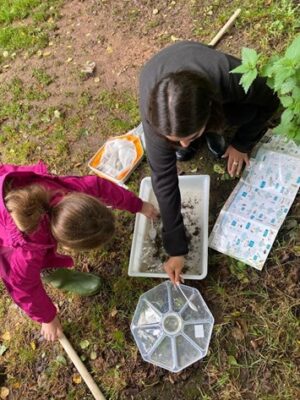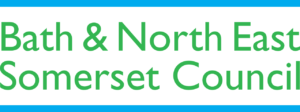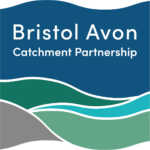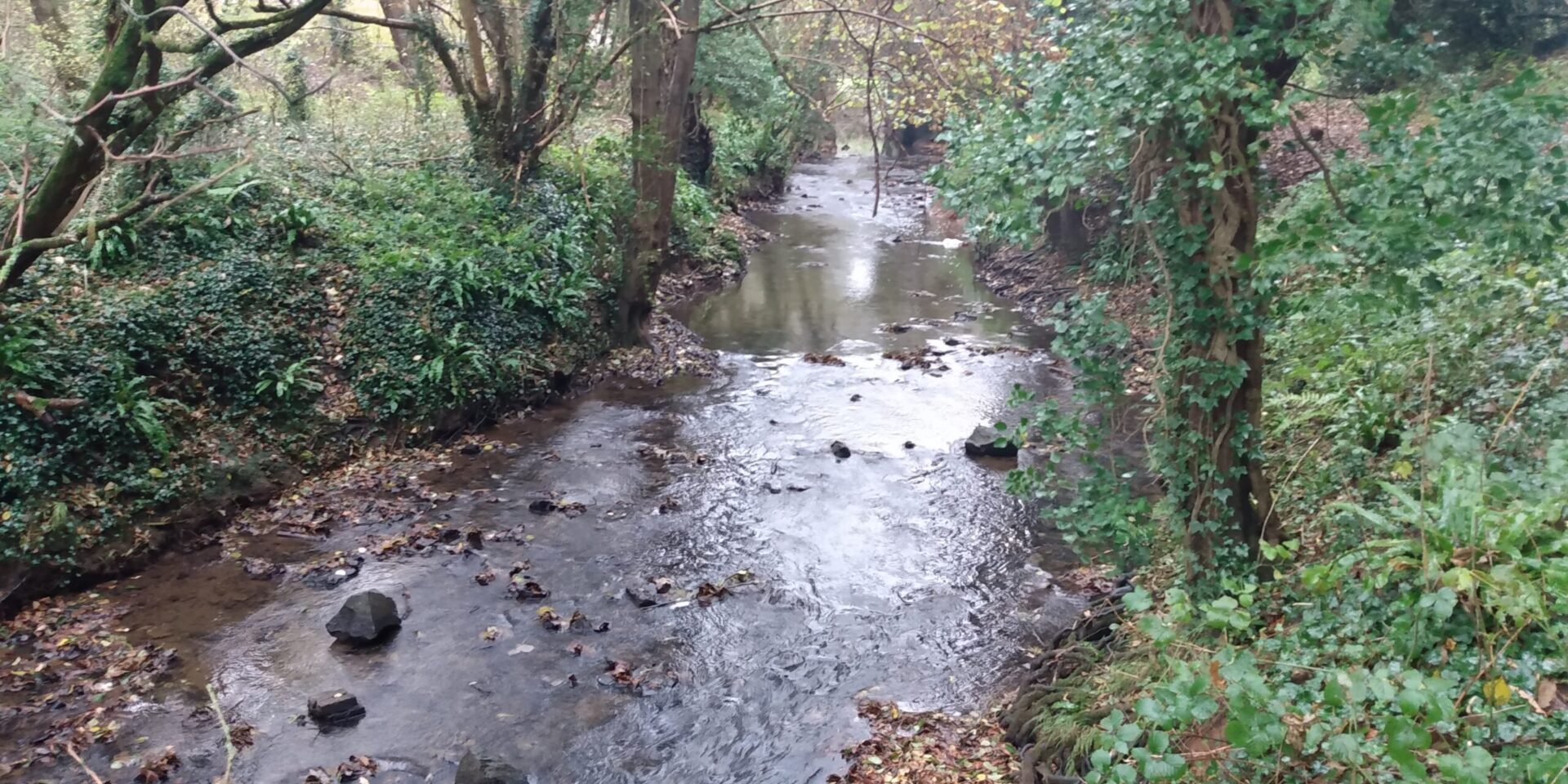The Cam and Wellow Brooks fall within an area, connecting the Cotswolds and Mendip Hills Areas Of Natural Beauty (AONB), identified as the Limestone Link which provide opportunities to enhance nature, public wellbeing and the local economy through improved aesthetics, recreation and visitor attraction.
Under the Water Framework Directive, both waterbodies are currently failing and are at poor ecological status. The reasons for failure identified are the same for both waterbodies, physical modification and pollution (particularly from livestock and sewage). These issues are impacting upon biodiversity and the recreational value of these two vital “blue” spaces and the Bristol Avon in which they flow into.
Radstock, Midsomer Norton and Paulton fall within the Somer Valley Rediscovered (SVR) area, that up until recently have had difficulties in attracting economic investment in the area, as well as having limited access to open space and poor town centre environments.
The project will deliver opportunities for upskilling through environmental training with a river dipping event and RiverBlitz water quality analysis. The creation of community Sustainable Urban Drainage Systems (SuDS) rain planters will bring more appreciation for the local environment and make the area more aesthetically pleasing, as well as educating the community on SuDS and helping to slow the flow to nearby rivers.

Together with SVR and B&NES regeneration initiatives, ‘Our Blue Spaces’ aims to create a new appreciation and passion for the natural environment through a programme of community engagement and citizen science that provide exciting ways in which local communities can engage with their blue spaces.
The first event of the ‘Our Blue Spaces’ Programme, involved BART hosting a community river dip event in Midsomer Norton along the Wellow Brook, with the team engaging 19 members of the public and identifying a range of riverfly invertebrates. The event encouraged the community to reconnect with their local river and to learn new skills. Members of BART educated locals about the local river, water quality, the creatures that live beneath the surface and how their behaviour at home, such as water usage and pouring contaminants down the drain, will impact on river health. Riverfly invertebrates are useful indicators of river health, as some species are sensitive to change in their environment and are not present if a local pollution event has occurred.

This programme will also include a RiverBlitz event during July and a community SuDS event, which involves installing a series of SuDS planters in Radstock, which will be planted up by the local community. BART, with the help of BANES and Radstock Town Council, have scoped out several locations for these SuDS planters, which will be installed in the new year. Furthermore, BART will provide the local community with information on SuDS and the multiple benefits they provide to the local area, and hopefully inspire individuals to take action in their own homes and gardens!
Individuals or groups can get involved in the SuDS event in the new year, and BART would like to encourage younger groups to take part too!
To register your interest in the SuDS event please get in touch with Molly via molly@bristolavonriverstrust.org .
For more information about the project please contact Rozy: Rozy@bristolavonriverstrust.org
Thank you to BANES and the Bristol Avon Catchment Partnership for their continued support and funding for this project work.









